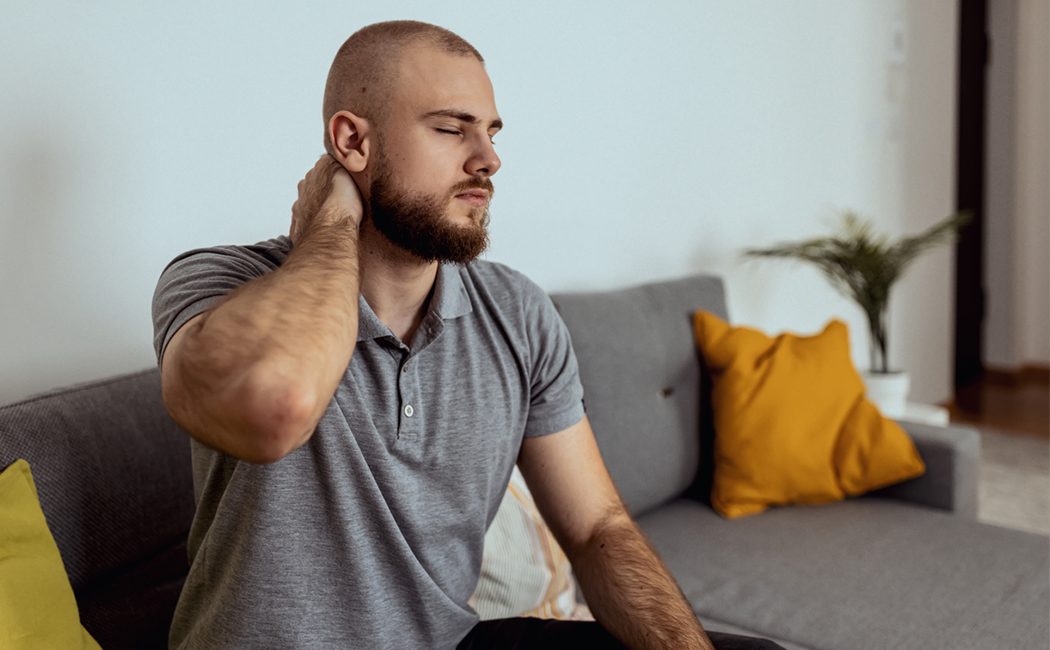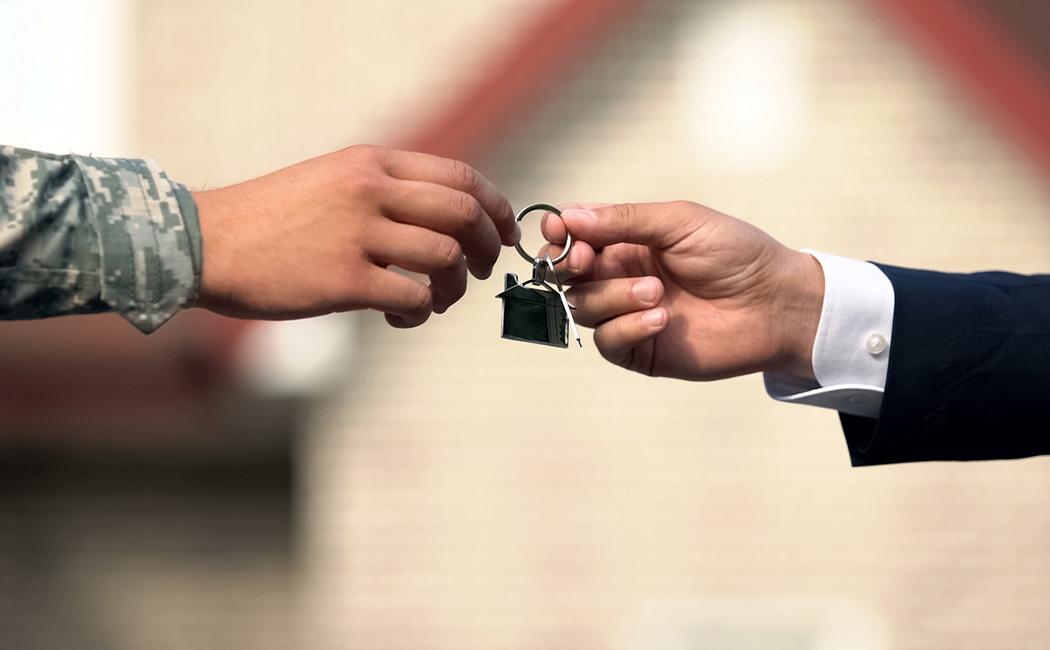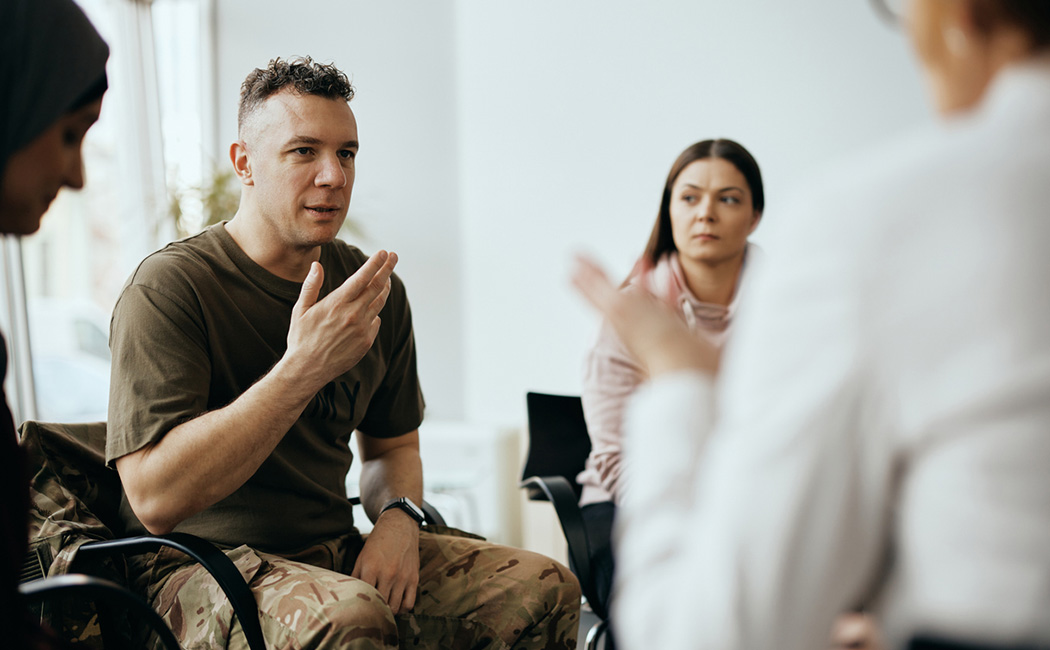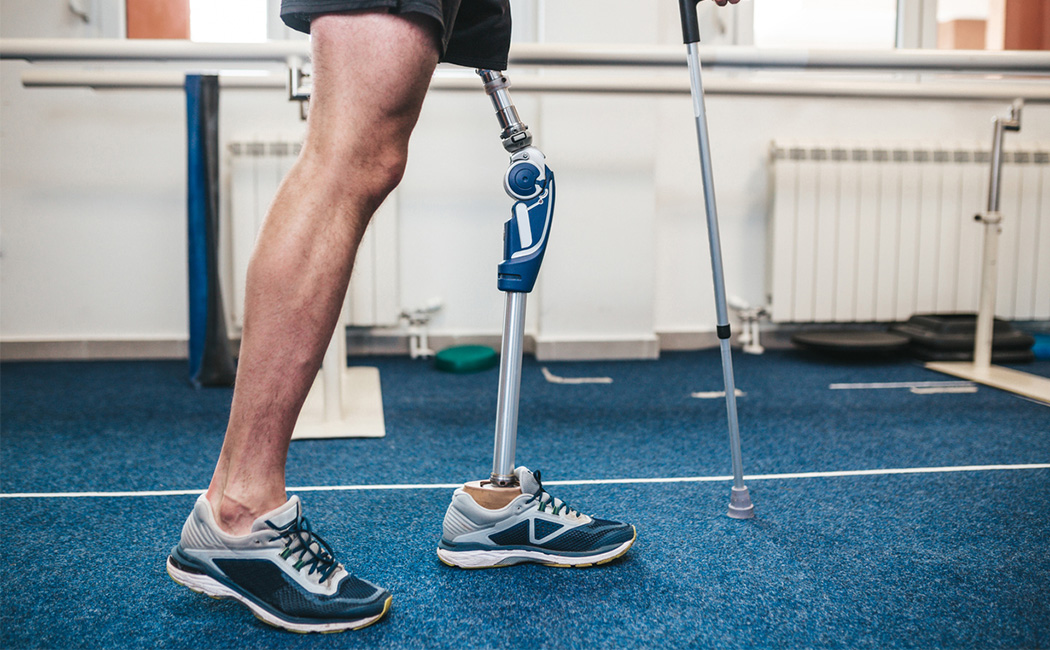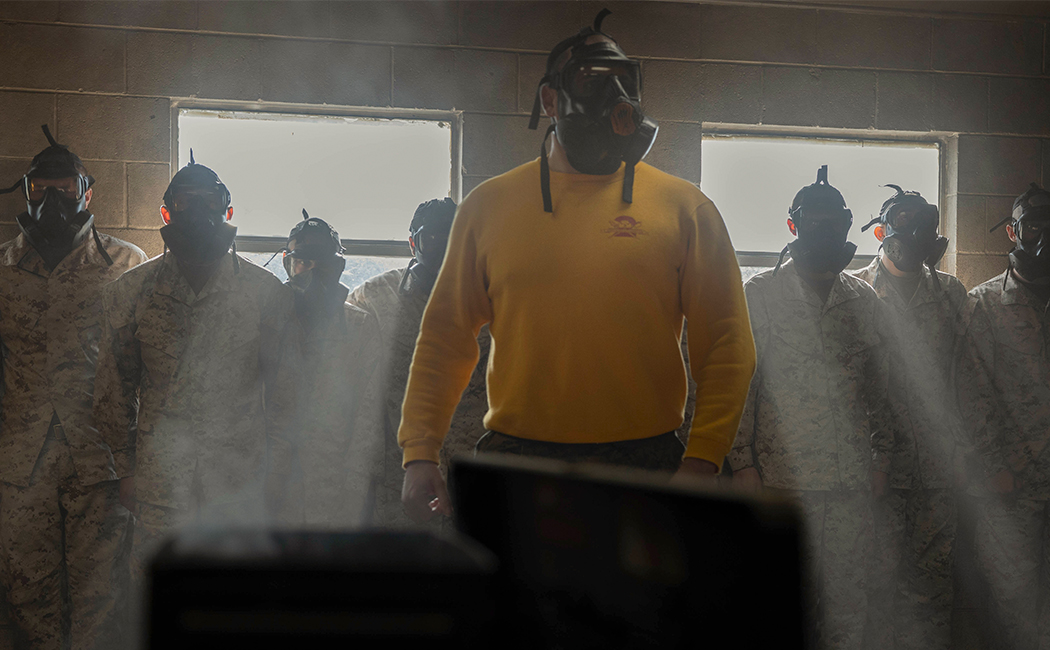The Veteran’s Guide to Managing Chronic Pain
Transitioning from Service to School: Tips for Veterans
Chronic pain is a pervasive issue affecting veterans at significantly higher rates than the general population. This pain, often a result of injuries sustained during service, combat-related stress, and the physical demands of military life, can have a profound impact on a veteran’s quality of life. Veterans Guardian, a leading VA benefits claim consultant company, is dedicated to supporting our heroes in navigating the complexities of healthcare services and accessing the benefits they rightfully deserve. This article offers insights into effective pain management strategies, treatments, and therapies tailored for veterans grappling with chronic pain.
Understanding Chronic Pain Among Veterans
The Scope of the Issue
Chronic pain is defined as pain that lasts more than three to six months, or beyond the normal healing period. For many veterans, this pain is a constant companion, affecting their physical capabilities, emotional wellbeing, and overall quality of life.
Causes of Chronic Pain in Veterans
he causes of chronic pain among veterans are multifaceted, ranging from combat-
related physical injuries to the psychological effects of PTSD. Other factors include the
wear and tear of military training and service-related activities.
Strategies for Managing Chronic Pain
Accessing VA Benefits for Pain Management
Veterans suffering from chronic pain may be eligible for disability benefits through the
VA. Veterans Guardian can assist in navigating the VA benefits system to ensure
veterans receive the support and compensation they are entitled to.
Pain Relief Treatments and Therapies
The VA may consider different steps you’ve taken to curtail your pain as proof of your
experience with chronic pain.
Medical Treatments
- Medication: Non-opioid pain relievers, anti-inflammatory drugs, and in some
cases, carefully managed opioid treatments can provide relief. - Physical Therapy: Tailored exercise programs can help in managing pain,
improving mobility, and enhancing quality of life. - Surgical Interventions: In certain cases, surgical procedures may be
considered to alleviate pain.
Alternative Therapies
- Acupuncture: This traditional Chinese medicine technique has been found
effective in reducing chronic pain among veterans. - Massage Therapy: Helps in reducing muscle tension and improving blood
circulation, offering pain relief. - Mindfulness and Stress Management: Techniques such as meditation, yoga,
and cognitive-behavioral therapy can help manage the psychological aspects of
chronic pain.
Lifestyle Changes and Home Remedies
Simple lifestyle adjustments can also significantly impact managing chronic pain. These include:
- Regular Exercise: Engaging in low-impact activities such as walking, swimming, or cycling.
- Healthy Diet: A balanced diet rich in anti-inflammatory foods can help in
managing pain levels. - Quality Sleep: Ensuring adequate sleep is crucial for pain management and
overall health.
Finding Support Within the Veteran Community
Support Groups and Organizations
Connecting with fellow veterans through support groups and organizations can provide a sense of community and shared understanding. These groups offer a platform to share experiences, coping strategies, and mutual support.
Mental Health Resources
Chronic pain is often accompanied by mental health challenges such as depression and anxiety. Accessing mental health resources is vital in addressing the comprehensive needs of veterans. Veterans Guardian emphasizes the importance of mental well-being in managing chronic pain and encourages veterans to seek support.
Conclusion
Managing chronic pain is a journey, and no one should have to walk it alone. Veterans
Guardian is committed to supporting our veterans every step of the way, from
navigating VA benefits to accessing effective pain management strategies. Remember, seeking help is a sign of strength. Together, we can find ways to manage chronic pain and improve the quality of life for our veterans.



